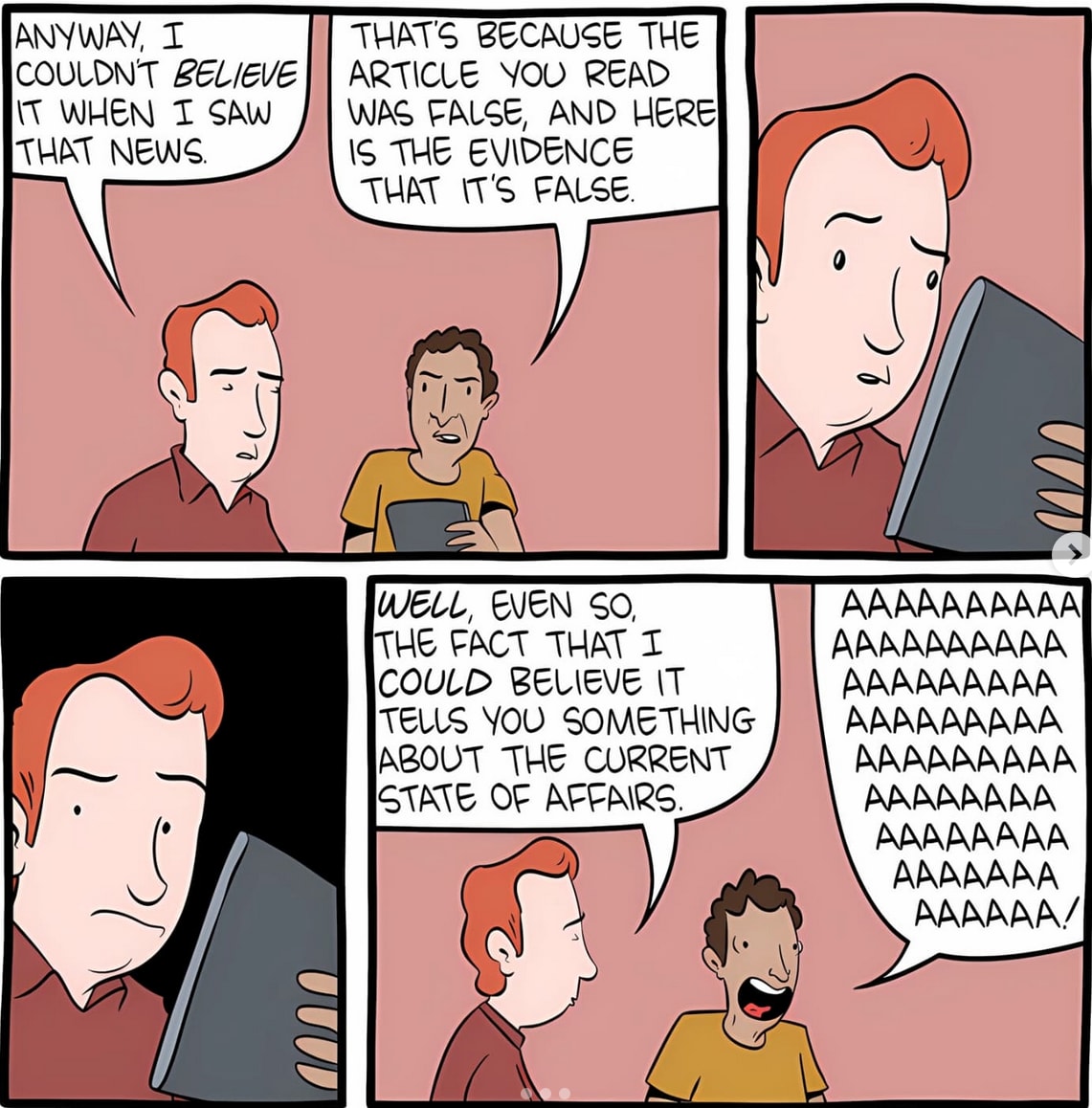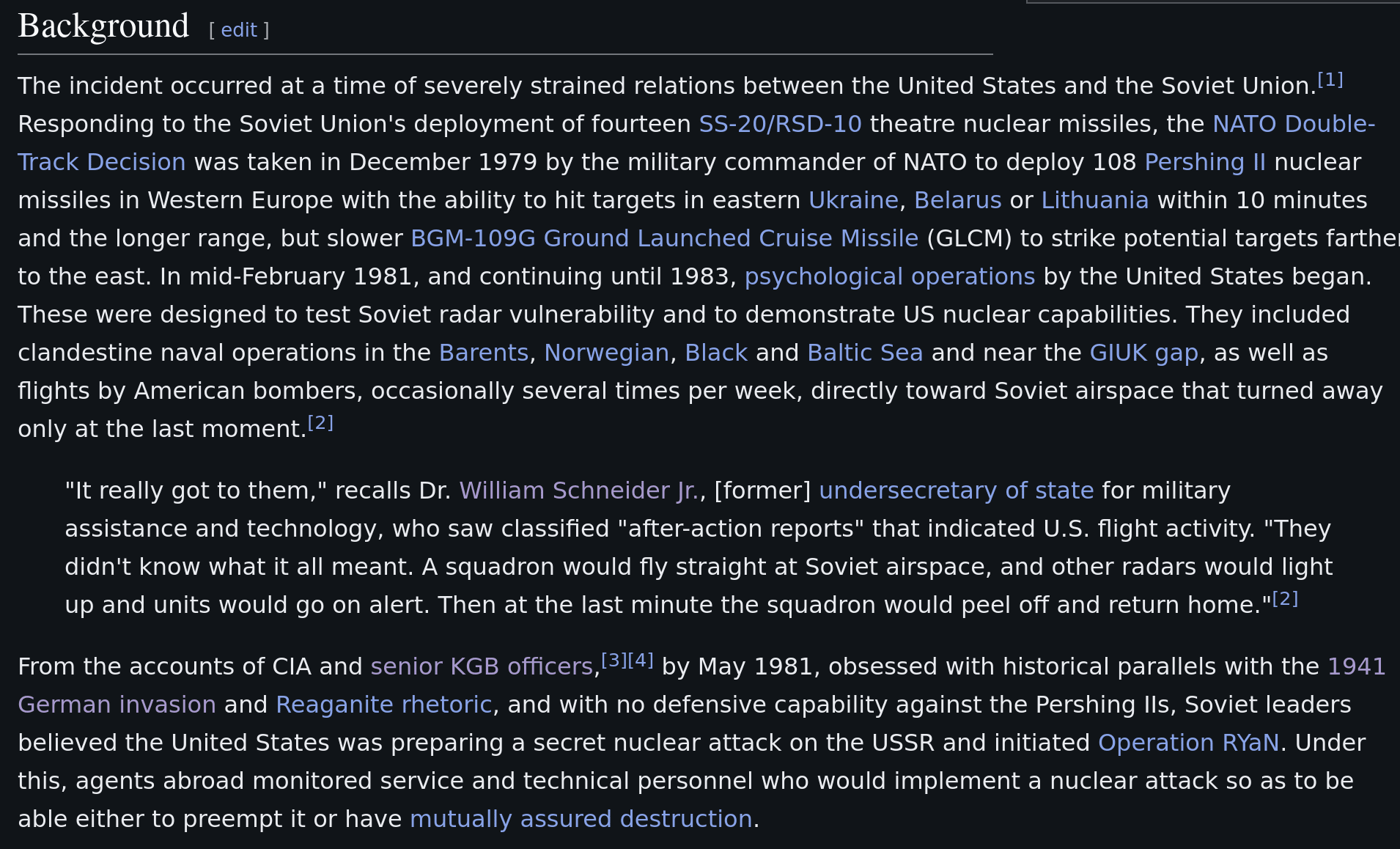The best privacy/security guide I am aware of is Michael Bazzells book. Michael Bazzell is a former computer crimes investigator, and his methods are red teamed at least in the sense that he works with e.g. people with extremely determined stalkers. Some things that book goes over that this doesn’t:
How to buy your home/car/P.O. box with LLCs and keep them out of your name, how to get a SIM card not tied to you personally.
The who/what/where of how your personal information (incl. address, phone number, etc.) gets collected in the first place, and ends up in public databases (which of course the government also leverages). What you can do about data already there, to the extent that you can do something.
(For people in really advanced situations) How to disinform in a way that actually works & ends up poisoning records, for example by taking up an electricity bill inside a building you don’t own.
Obviously the government has capabilities that private individuals don’t, so maybe the threat model here is different. For the most part though I would say that peoples’ biggest privacy/security risk is that there are infinity public databases with all of their personal information, and anybody with a credit card can pull up their address. Stopping the inflow to those should be priority #1 and the solution isn’t even really that digital, it’s just arcane legal procedures.



This is a cool paper. Quoting for visibility: